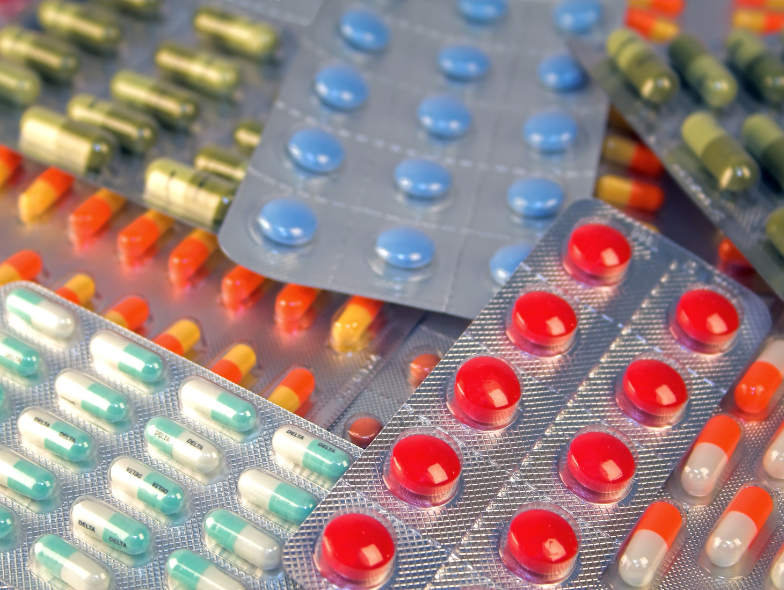
Sandoz, a leader in generic pharmaceutical and biosimilars, have announced their intentions to invest EUR €50 million in support of a technology upgrades at their Austrian manufacturing site to support increasing penicillin demands.
Generic pharmaceutical and biosimilars leader Sandoz (Basel, Switzerland) have announced an investment of EUR €50 million to support increasing development of their European manufacturing capacity for FDF penicillins, a leading class of worldwide antibiotics.
This plan follows a previous investment of over EUR €100 million in manufacturing technology to produce oral amoxicillin APIs in Austria. The additional investment will further increase the facility’s manufacturing capacity for FDFs of not only amoxicillin but also other key penicillin products. Last year in 2021 Sandoz also announced an additional investment of EUR €50 million for sterile API production at Palafolls, Spain. Along with additional contributions from the Austrian federal government to coordinate public funding of approximately the same amount, the total invested into the Sandoz European antibiotics network now totals over EUR €250 million.
At the groundbreaking ceremony on November 7, 2022, Sandoz CEO Richard Saynor stated: “Antibiotics remain the backbone of modern medicine and we are seeing rapidly increasing demand following the unprecedented market swings of the past few years. This investment will help to meet that growing patient need, to support the creation of hundreds of new jobs, and to partially offset the impact of high energy prices by lowering unit costs.”
Glenn Gerecke, Global Operations Head at Sandoz, added: “This new building, which will be ready for operation by early 2024, is part of our broader plan to drive long-term competitiveness while making a further important contribution to security of supply for critical penicillin medicines.”
The building will span three floors and connect to the existing penicillin production facility. The focus will be on bulk formulation and fill-finish activities for penicillins for global distribution. Additionally, automation and state-of-the-art technology for API manufacturing will integrate all production steps into a single process in one facility, increasing capacity and supply chain reliability, with a double-digit increase projected for future output capacities of penicillin.
“Minimising production costs, particularly in the face of soaring energy costs in Europe, is key to our future success, but we also need a market framework that is sustainable in the long run... In economic terms, antibiotics in Europe are still treated largely as commodities, but with one big difference: producers have to supply at fixed price levels regardless of supply and demand changes. We urgently need to change the operating framework, to introduce basic concepts such as inflation-linked pricing and tenders with criteria that go beyond price,” Saynor commented.